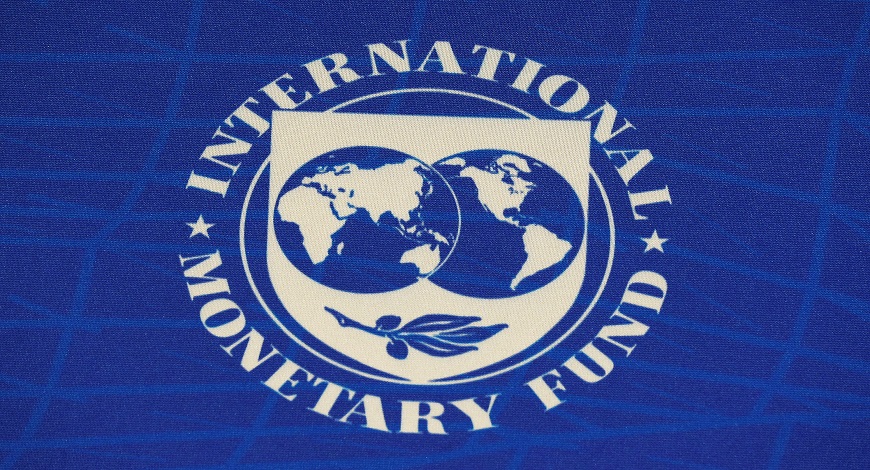The executive board of the International Monetary Fund approved $1.1 billion in cash for Pakistan, according to a press statement, but talks for a fresh loan are still ongoing.
A $3 billion standby agreement with the IMF was secured by Islamabad last summer in order to avert a sovereign default. This funding is the second and last part of that agreement.
After meeting with IMF Managing Director Kristalina Georgieva on the fringes of the World Economic Forum in Riyadh, Pakistani Prime Minister Shehbaz Sharif gave his consent.
The existing standby deal between Pakistan and the IMF expires this month, thus Pakistan is pursuing a new, larger, longer-term accord known as the Extended Fund Facility (EFF). Islamabad might come to a staff-level consensus on the new program by the beginning of July, according to Finance Minister Muhammad Aurangzeb’s comments.
The aim of Islamabad’s efforts is to secure a loan spanning at least three years to achieve macroeconomic stability and implement long-overdue and challenging structural reforms.
While Aurangzeb has refrained from disclosing the exact amount being sought, discussions between the Fund and the government are already underway, although a formal request from Islamabad is yet to be made.
If successful, this would mark Pakistan’s 24th IMF bailout.
The $350 billion economy is grappling with a persistent balance of payments crisis, facing nearly $24 billion in debt and interest repayments in the upcoming fiscal year—three times the amount of its central bank’s foreign currency reserves.























